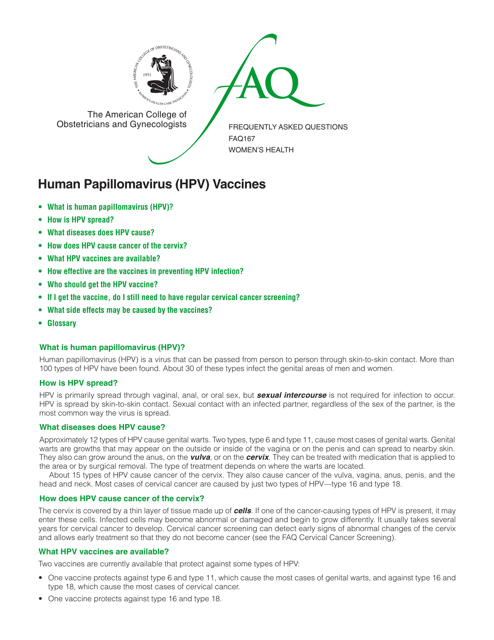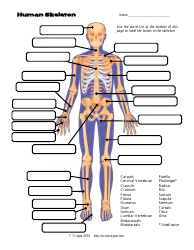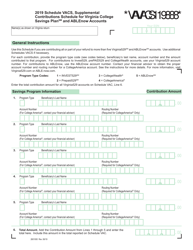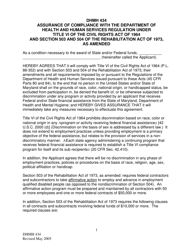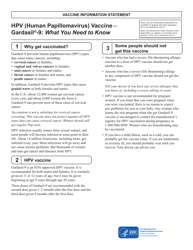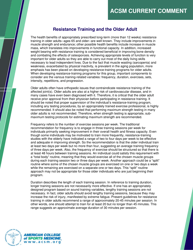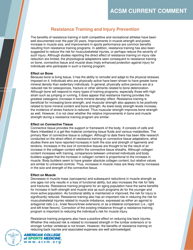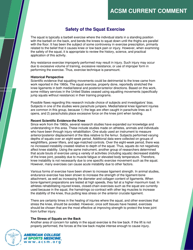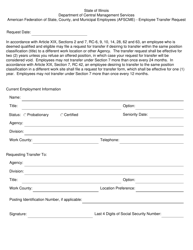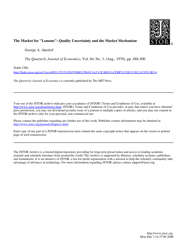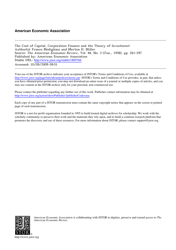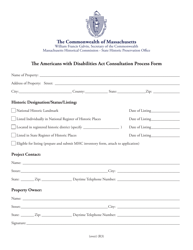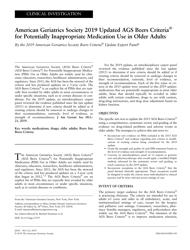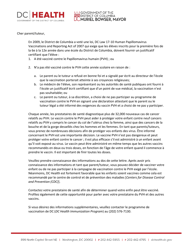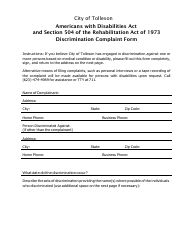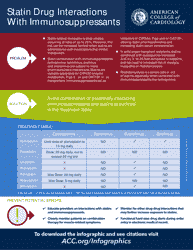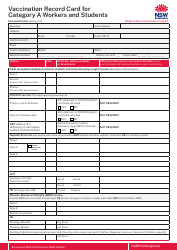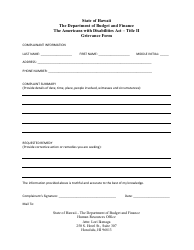Faq 167 - Human Papillomavirus (Hpv) Vaccines - the American College of Obstetricians and Gynecologists
Faq 167 - Human Papillomavirus (HPV) Vaccines - the American College of Obstetricians and Gynecologists is for providing information on HPV vaccines, their importance, safety, and benefits in preventing HPV-related diseases in women.
FAQ
Q: What is Human Papillomavirus (HPV)?
A: Human Papillomavirus (HPV) is a sexually transmitted infection that can cause genital warts and various types of cancer.
Q: What are HPV vaccines?
A: HPV vaccines are vaccines that protect against Human Papillomavirus (HPV) infection.
Q: Who should get HPV vaccines?
A: The American College of Obstetricians and Gynecologists recommends HPV vaccination for all adolescents starting at age 11-12 years.
Q: Are HPV vaccines safe?
A: Yes, HPV vaccines are safe. They have undergone rigorous testing and have been found to be safe and effective.
Q: How many doses of HPV vaccine are needed?
A: The HPV vaccine series consists of two or three doses, depending on the age at which the series is started.
Q: Are there any side effects of HPV vaccines?
A: Most side effects of HPV vaccines are mild and temporary, such as pain or swelling at the injection site.
Q: Do HPV vaccines prevent all types of HPV?
A: No, HPV vaccines protect against the most common types of HPV that cause genital warts and certain types of cancer, but not against all types of HPV.
Q: Can HPV vaccines be given to males?
A: Yes, HPV vaccines can be given to males. It is recommended for all males starting at age 11-12 years.
Q: Do I still need HPV vaccines if I have already been sexually active?
A: Yes, it is recommended to still get HPV vaccines even if you have already been sexually active, as they can still provide protection against HPV infections you haven't been exposed to.
